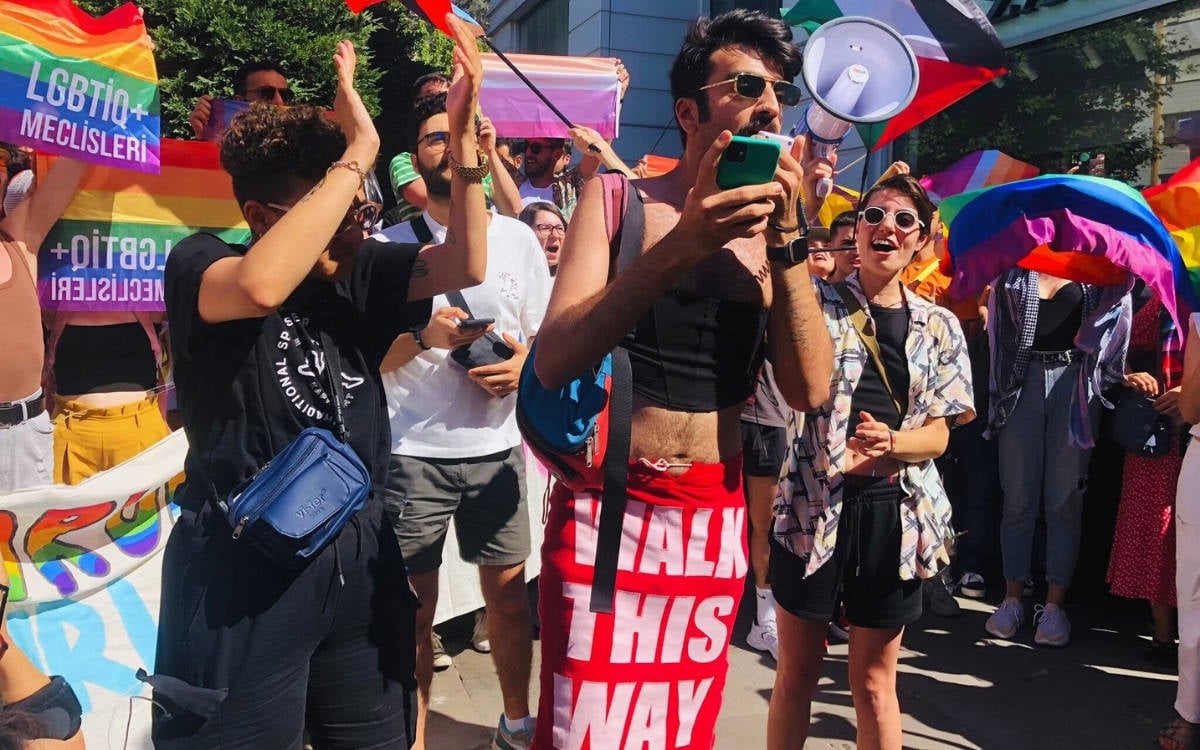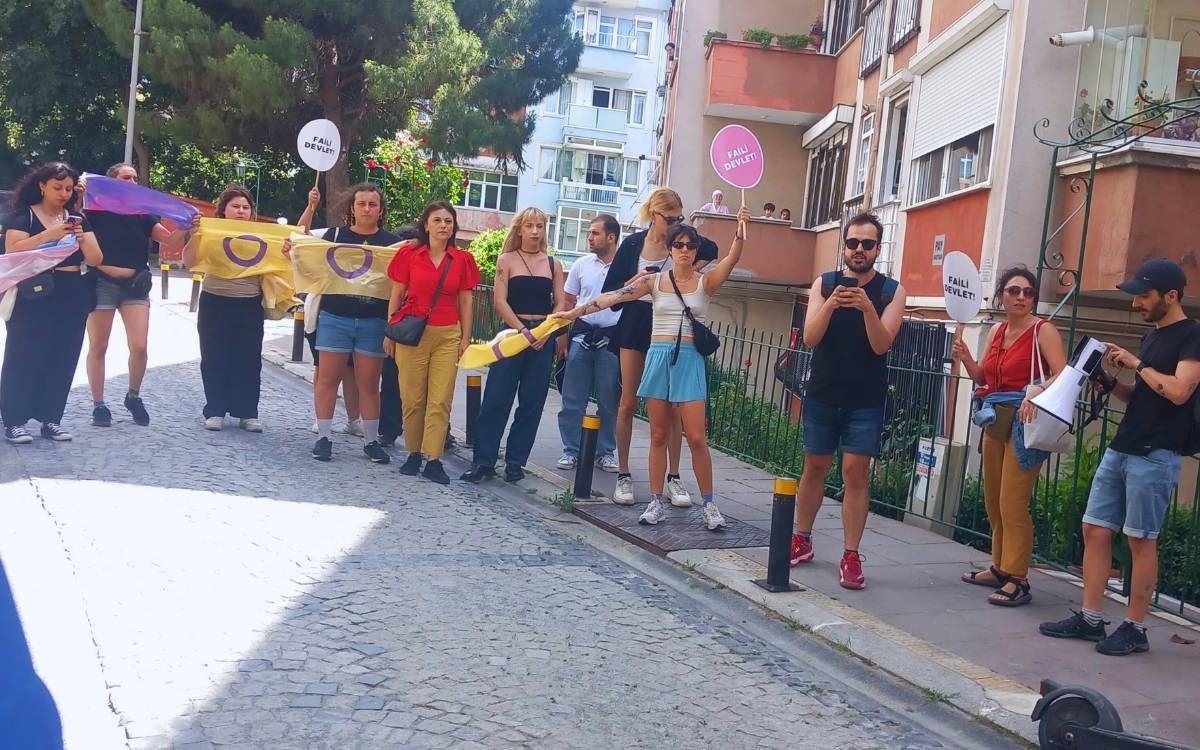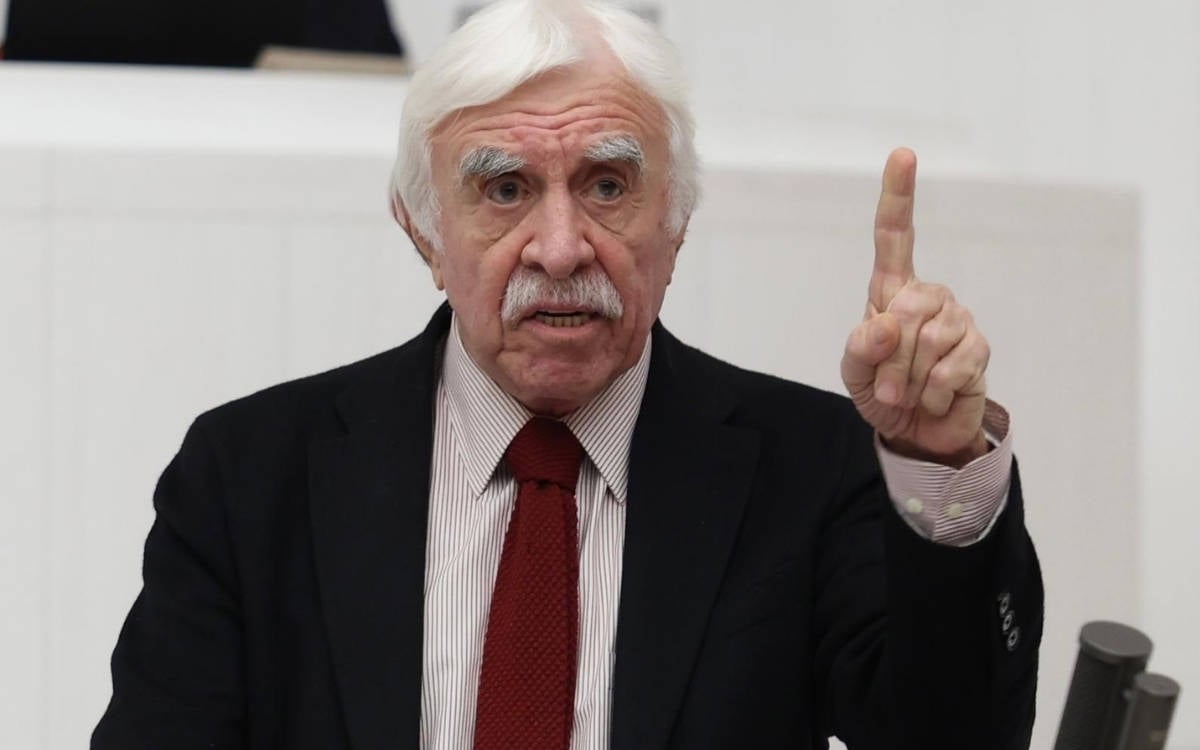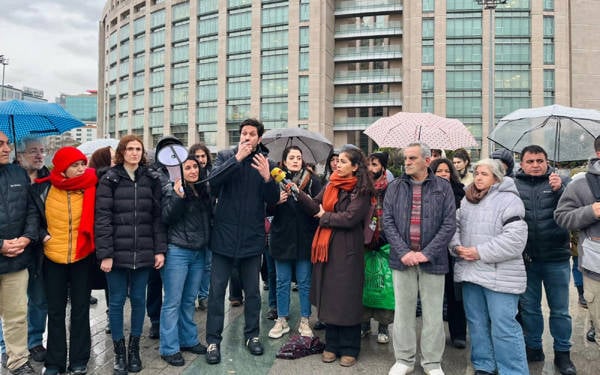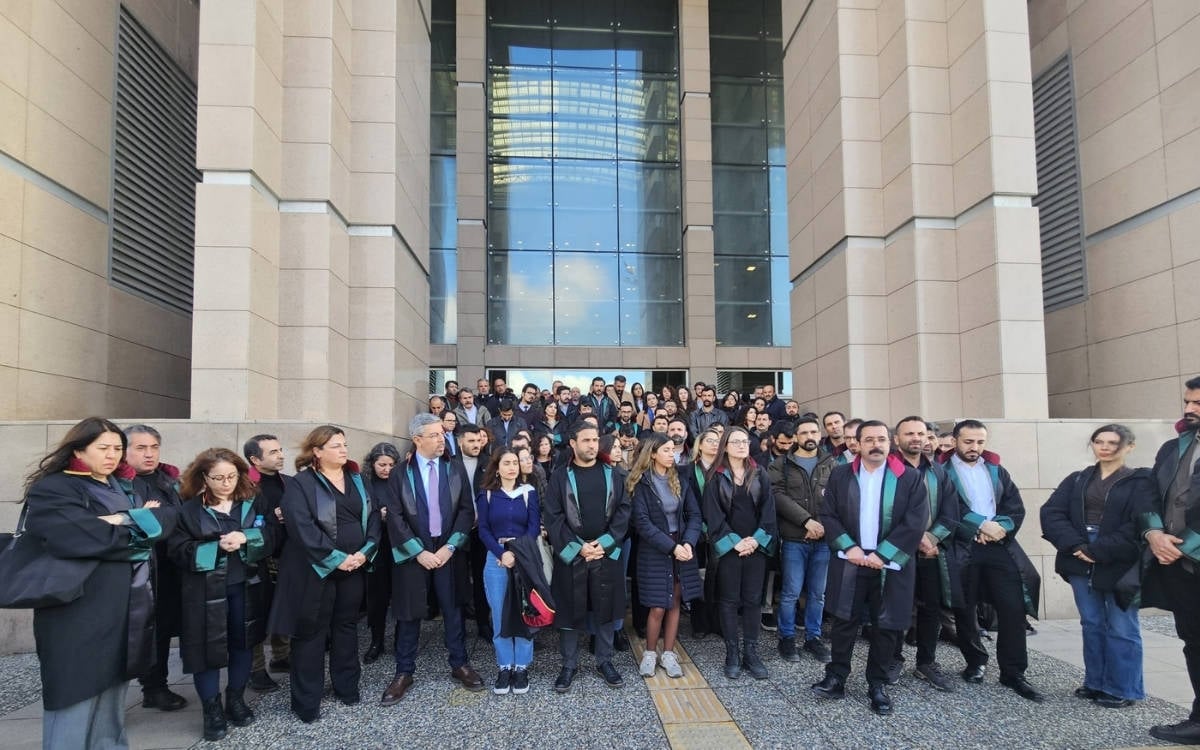The UPR Advocacy Report 2025, prepared within the scope of the United Nations' 4th Universal Periodic Review (UPR) on Turkey, revealed the deepening crisis in LGBTI+'s access to human rights.
The report prepared by the Murat Çekiç Human Rights Association, Kaos GL and May 17 Association emphasizes that Turkey systematically violates the rights of LGBTI+s and is rapidly moving away from international human rights standards.
According to the report published yesterday, legal and institutional discrimination against LGBTI+s, hate speech, rights violations and the culture of impunity have become structural in Turkey. For this reason, national and international advocacy activities led by civil society have reached many countries and UN mechanisms.
However, according to the report, some countries remain silent on these rights violations, which shows how anti-LGBTI+ trends are increasing on a global scale.
'Recommendations have been communicated to Turkey'
Lawyer Kerem Dikmen, Kaos GL Human Rights Program Coordinator and author of the report, said, “The report was presented at the civil society organizations session in February. Following the presentation, advocacy activities were carried out through lobbying meetings with both resident mission representatives and delegations.
"Taking into account the recommendations from the previous cycle, this year we prepared new recommendations under a total of 17 headings. The recommendations mainly focus on preventing discrimination against LGBTI+s. In particular, fundamental issues such as changing legal regulations that cause discrimination and rebuilding the human rights mechanism in an inclusive manner were at the forefront."
'Discriminative' structure of Turkey's human rights agency
The report included these recommendations, said Dikmen:
- Amending Article 122 of the Turkish Penal Code to criminalize discrimination based on sexual orientation and gender identity,
- Reorganization of Article 40 of the Turkish Civil Code by changing its current structure that leads to human rights violations for transgender people,
- Transforming the exclusionary and discriminatory structure of the Human Rights and Equality Institution of Turkey (TİHEK), which distances it from being a human rights mechanism,
- An explicit ban on so-called 'reparative therapies'.
"In addition, we included recommendations under 17 headings in our report and called on states to make such recommendations to Turkey. Our first four recommendations were taken on board by states and forwarded to the Republic of Turkey," said Dikmen.
"At the Turkey session that took place in the past few weeks, various recommendations were brought to the agenda, including some of our recommendations other than the first four.
"From our point of view, the transformation of TIHEK into a human rights mechanism is only possible by eliminating its current discriminatory structure. It was important for us that this emphasis was once again included in international documents. Finally, Article 122 of the Turkish Penal Code, the criminal norm on discrimination, should be made inclusive of LGBTI+s. This was also taken into consideration by the international community.”
Findings
Other findings of the report are as follows:
- Turkey's current constitutional provisions are insufficient to protect LGBTI+s from discrimination. The lack of legislation addressing hate crimes and anti-discrimination creates significant gaps.
- LGBTI+s face violations of fundamental rights such as the right to life, freedom of expression, peaceful assembly and employment. Hate crimes and suspicious deaths often go unpunished.
- Discrimination in access to health services and degrading gender recognition processes are common for transgender people. In education, LGBTI+s lack safe environments in which to pursue their studies.
- Public authorities perpetuate hate speech targeting the LGBTI+ community, while discriminatory narratives are financially supported through media outlets.
While the anti-LGBTI+ rhetoric of state officials increases, public resources are transferred to institutions that support these discourses through the media.
Under Article 40 of the Anti-Terror Law, transgender people's gender reassignment process is still subject to compulsory surgical interventions. Intersex children are unprotected against non-consensual interventions. - The right to peaceful assembly has virtually disappeared. Pride marches and similar events are systematically banned.
- Investigations launched against civil society actors such as Kaos GL and 17 May Association on grounds such as “obscenity” criminalize rights advocacy.
Countries including Germany, Australia, Belgium, Finland, France, the Netherlands, Ireland, Iceland, Canada, Mexico, Iceland, Canada, Iceland, Iceland, Iceland and Mexico have made direct recommendations to Turkey on LGBTI+ rights, but these are not enough.
About TİHEK
The Human Rights and Equality Institution of Turkey was established with the “Law on the Human Rights and Equality Institution of Turkey” dated April 20, 2016 and numbered 6701 in order to prevent discrimination, effectively combat torture and ill-treatment and to undertake the duty of national prevention mechanism within this framework.
The Institution was first established as the Human Rights Institution of Turkey with the “Law No. 6332 on the Human Rights Institution of Turkey” dated June 21, 2012, and was assigned as the national prevention mechanism by the Council of Ministers decision dated December 9, 2013. The name of the institution, which is a public administration with a special budget, was changed on April 20, 2016 to its current name.
(TY/VK)






